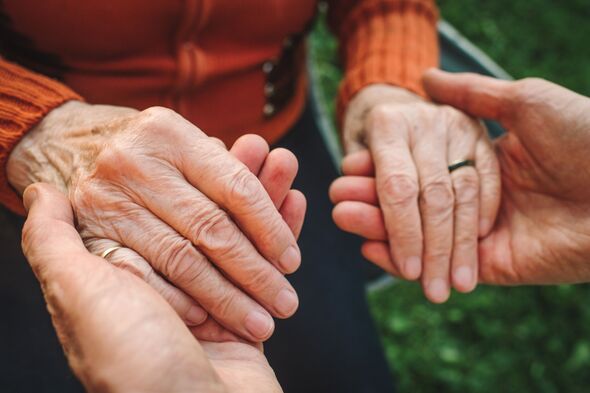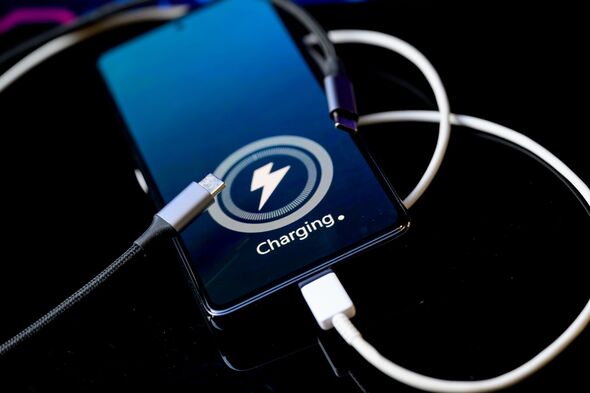It was called a “black day for Europe”, as far-right parties gained an unprecedented share of the vote in European elections.
Such right-wing swings are sometimes attributed to harsh economic times, but data from 12 European countries showed that right-wing parties in half of these states were doing worse after the 2008 economic crisis.
For example, although France’s Front National and Greece’s Golden Dawn improved their share of the vote, the Norwegian Progress Party and the Swiss People’s Party did worse after the crisis. This makes the suggestion that economic recovery may counter the lurch seem less likely, but Doru Frantescu, co-founder of VoteWatch Europe thinks in general there is a link. “We would expect that if the economy gets better, support for the more extreme parties will shrink in two to three years, but only if the recovery is consistent,” he says.
“There’s definitely a role played by the economy in this, but it’s not the full picture by a long way,” says Marley Morris of political research consultancy Counterpoint, in London.
Higher voter turnouts in national compared with European elections could help make the political landscape less extreme. Typically in the UK, for example, only a third of the electorate votes in the European elections. “If you get very low turnouts, it’s much easier for smaller parties to make an impact,” says Ed Fieldhouse of the University of Manchester, UK, who directs the British Election Study.
He says that many voters who backed the UK Independence Party may well return to supporting their usual party when the UK holds its national election next year. However, his latest study showed that 60 per cent of those who said they intended to vote UKIP in last week’s election said they would also vote UKIP in the general election. Before the corresponding European elections in 2009, only 25 per cent said they would do the same.
Leader: “Don’t let new boundaries cut off UK science”
If you would like to reuse any content from New Scientist, either in print or online, please contact the syndication department first for permission. New Scientist does not own rights to photos, but there are a variety of licensing options available for use of articles and graphics we own the copyright to.





